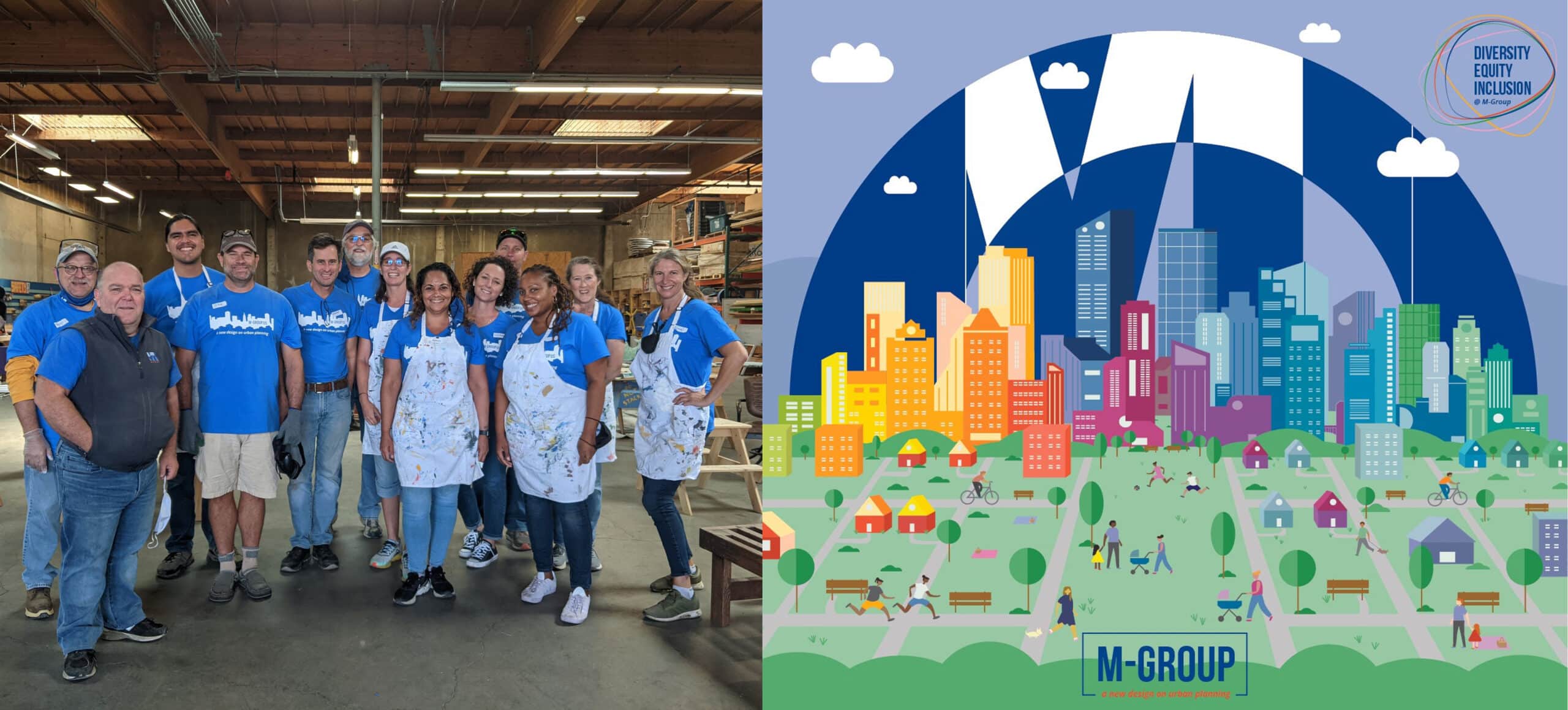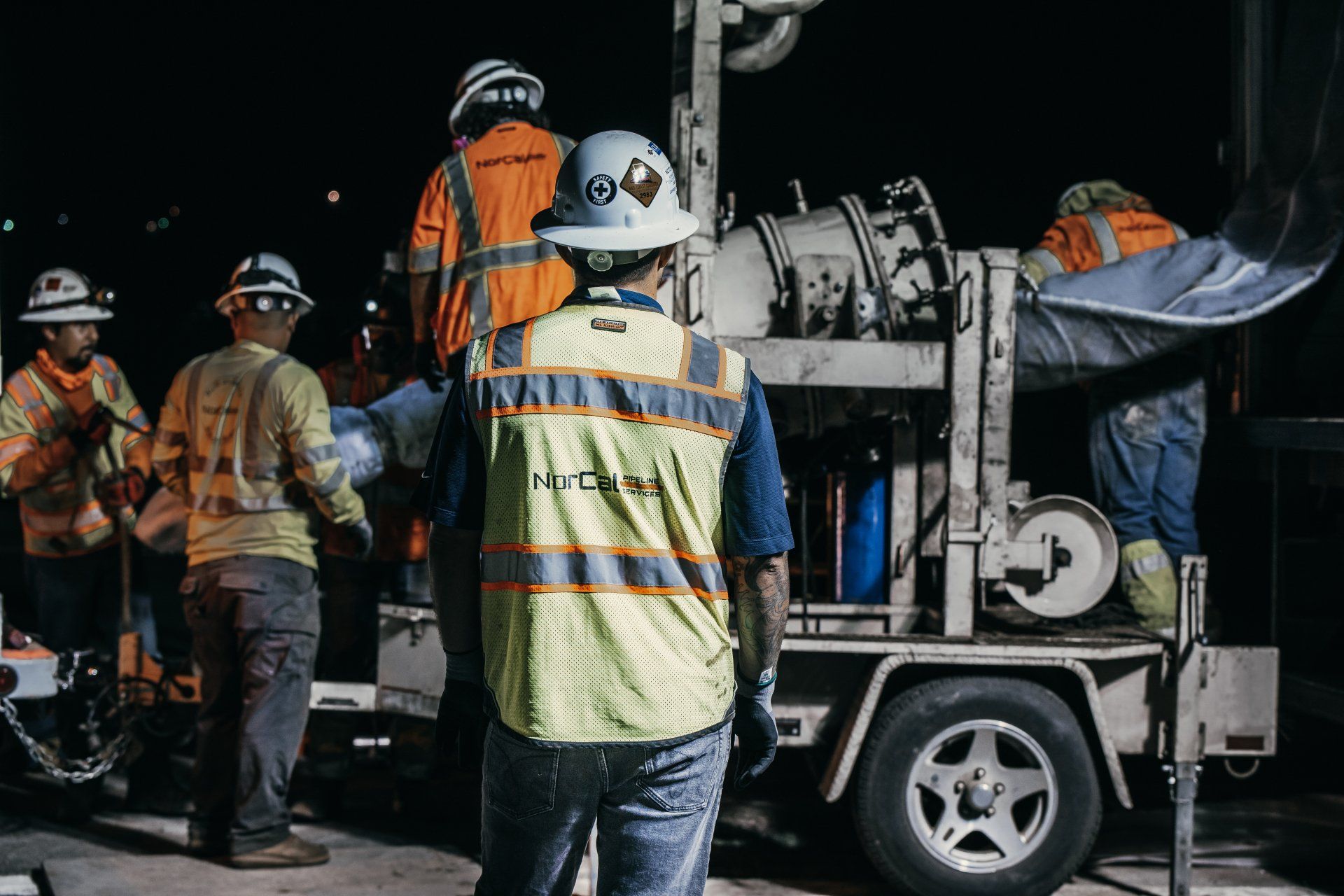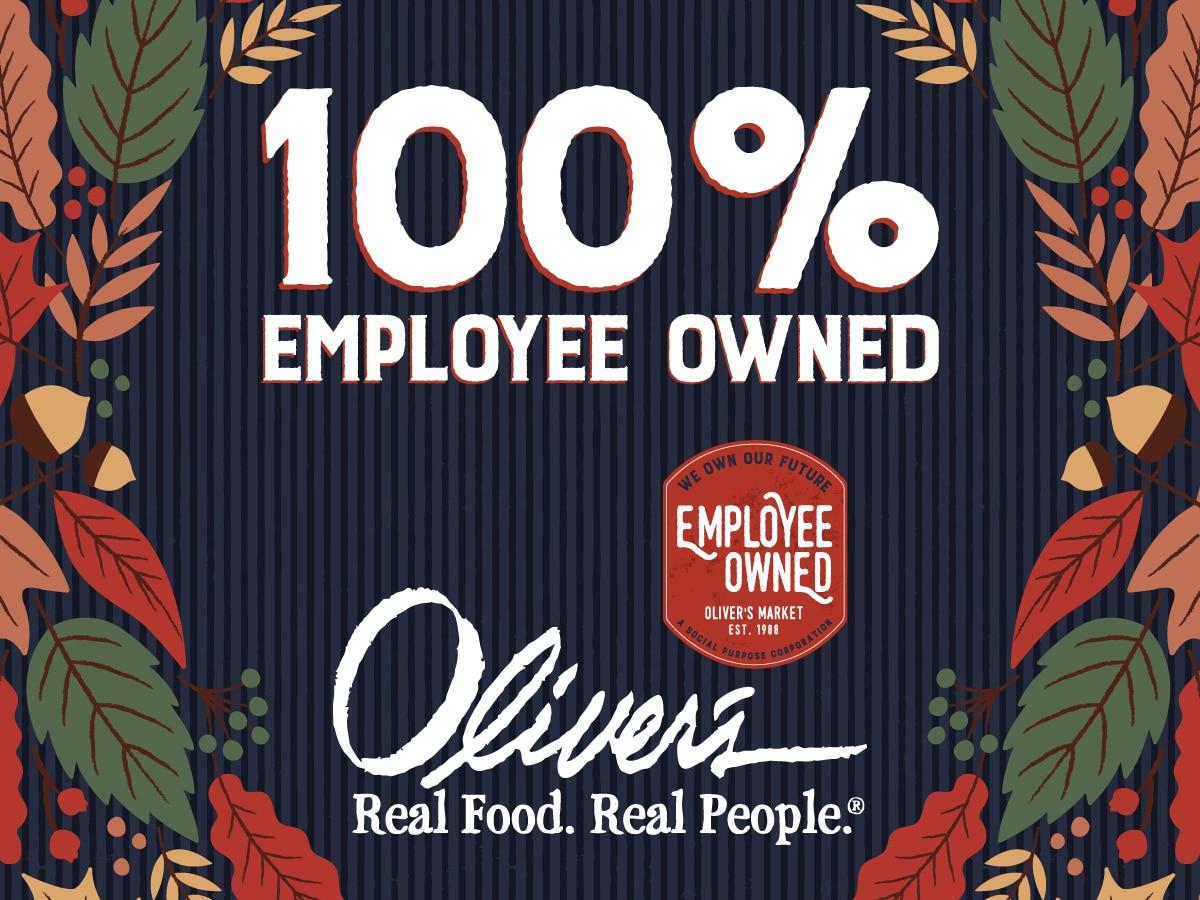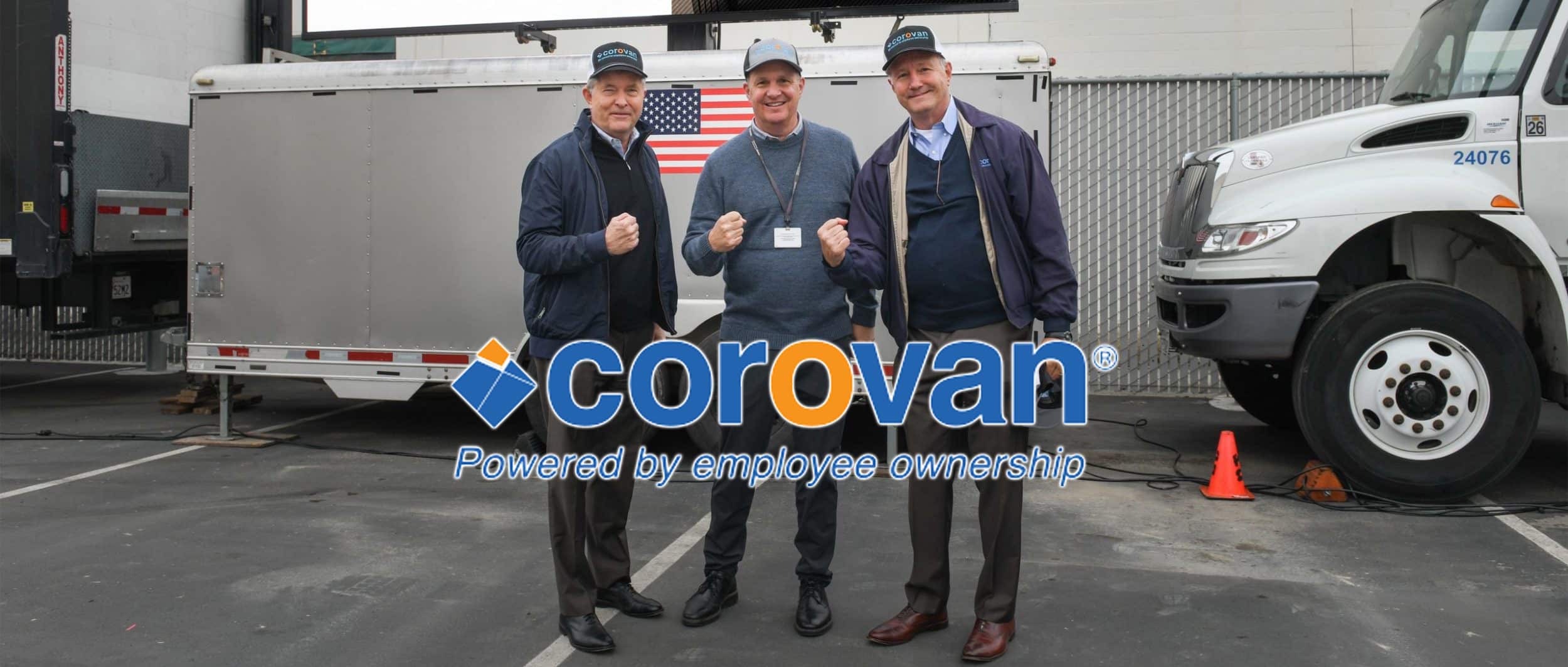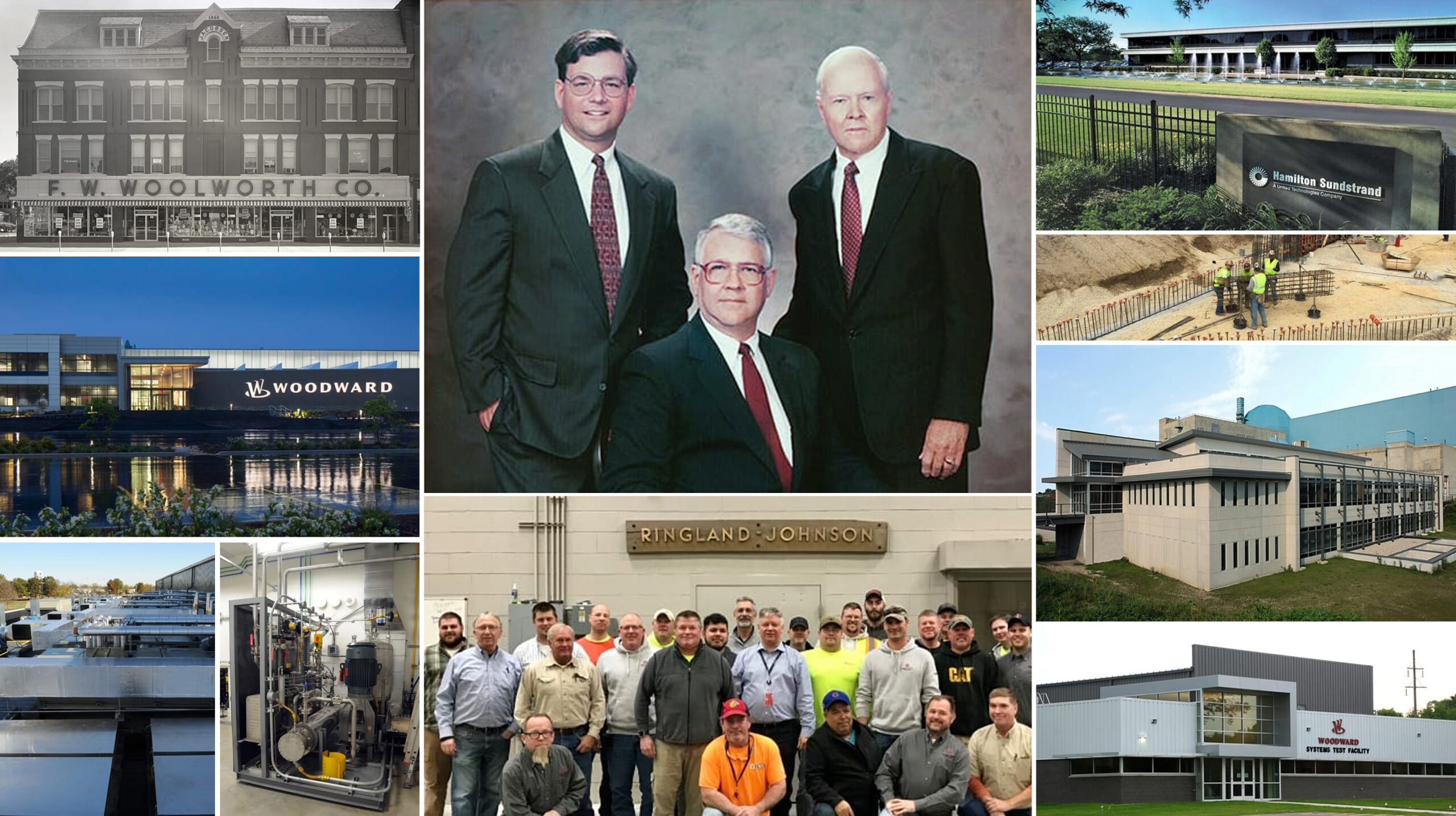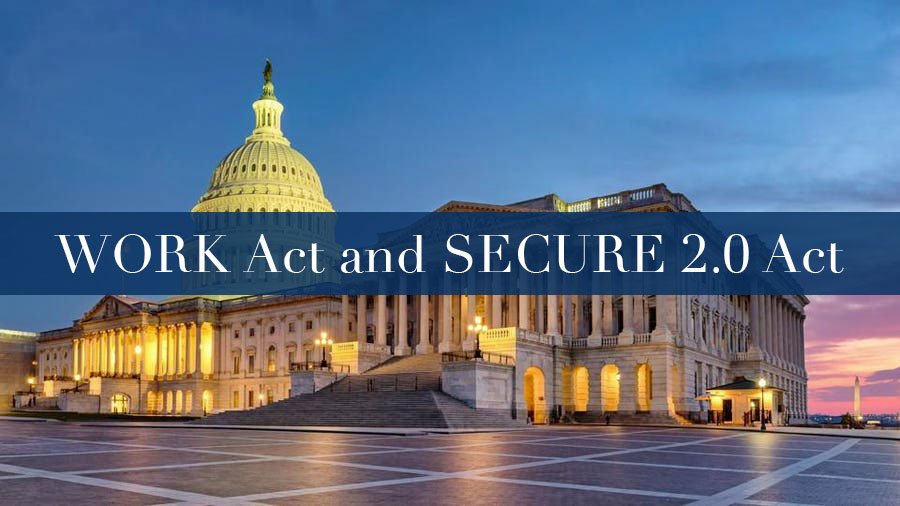
ESOPs offer investment flexibility and should no longer be approached as all-or-nothing employee ownership structures
Recent Federal legislation may well usher in ‘the decade of the ESOP’. The WORK Act and SECURE 2.0 Act, both of which were signed into law in late December of 2022, will spur ESOP adoption and bring the benefits of the employee ownership model to business owners and employees. Savvy private equity investors are seeing how the model lends itself to greater flexibility.
Mary Josephs, founder and CEO of Verit Advisors, notes that companies appreciate the flexibility offered by ESOPs and see them as a means of diversifying their capital structures, commenting that “…it’s important for PE firms to remember that ESOPs offer investment flexibility and should no longer be approached as all-or-nothing employee ownership structures.”
Law firm Mayer Brown makes a similar point in an article published in June 2022 as part of an ongoing series. “The ESOP universe is misunderstood by many and has not been heavily pursued by the private equity community due to its perceived all-or-nothing ownership structure,” adding that ESOPs “represent a huge opportunity for PE sponsors to broaden their investment universe and take advantage of superior investment opportunities with some very high-quality companies that can benefit greatly from a growth-oriented investment partner.”
Perspectives on ESOPs have been heavily influenced by global developments including the pandemic, the war in Ukraine, and inflation. These factors have spurred entrepreneurs to diversify their holdings in order to mitigate risk. In some cases, they have divested a portion of their company ownership with an ESOP, rather than 100 percent of ownership, thus opening the door to private equity investment in the remaining portion.
“In the last two years we’ve been doing as many, if not more, partial ESOP transactions than in the previous 10 years,” says Josephs. “That is a data point that underscores that diversification, not selling a business, is the objective.”
Another factor prompting a new perspective on ESOPs is the expansion of ESG-focused investing, with ESOPs viewed as ‘social’ by some private equity funds. Still others understand how ESOPs are an excellent means of encouraging employee retention. The ownership stake for employees improves loyalty and satisfaction, which in turn improves productivity and growth.
KKR’s co-head of the Americas Private Equity Platform, Pete Stavros, is an advocate for the employee ownership model. In a 2021 article in the Wall Street Journal, he noted how giving a stake to workers makes them more engaged and creates a stronger culture. In fact, he and his wife contributed $10 million of their personal fortune to creating Ownership Works, a non-profit that “partners with companies and investors to provide all employees with the opportunity to build wealth at work.” While Ownership Works explores a variety of models for employee ownership, the WSJ article did note that Pete Stavros second-year thesis at the Harvard Business School examined ESOPs.
As these examples illustrate, private equity firms and ESOPs may increasingly find common ground and opportunities to unlock growth. The Menke team is looking forward to helping to unlock that potential.



